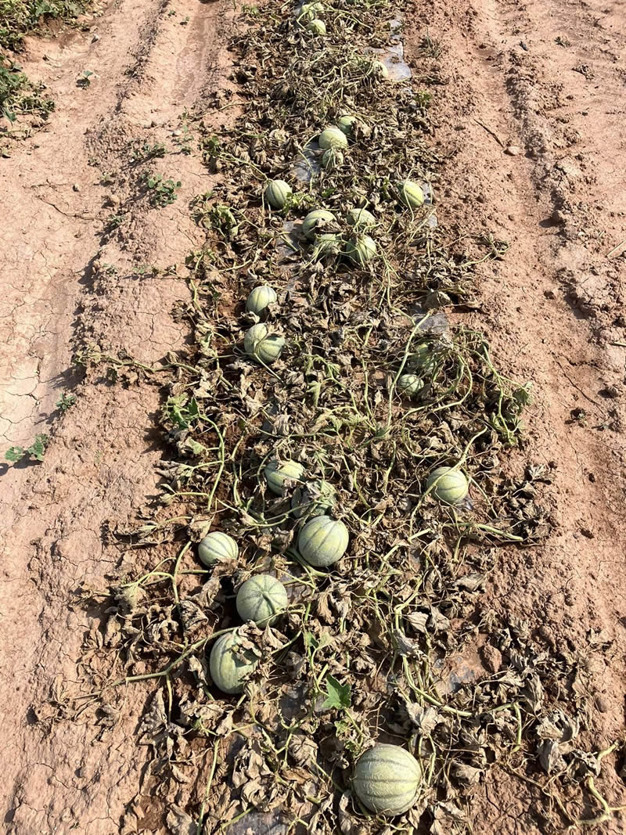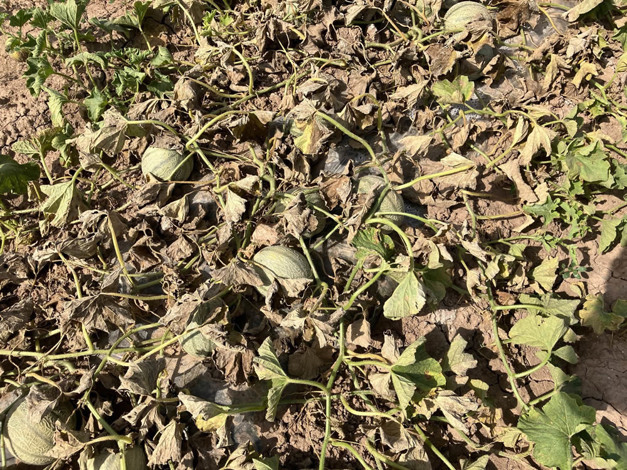“Things can always be called extreme, but in the 20 years I've been here, I've never seen it this extreme. Very few melons are available, and those that are there are damaged or the incorrect size. Retailers can do nothing with them; they're too small," says Thomas Bos of Thomasol Gestión in Alicante, Spain.

Spain has had to deal with extreme drought this year, but the melon scarcity is, ironically, according to Thomas, because of the torrential rain and hail in April and May. "There wasn't a drop of rain from December to April, but just as the melons began blooming in the eastern part of Spain, it rained for 12 days straight, ruining the fruit setting."
"Regardless, that precipitation period gives tremendous peace of mind for the winter, especially for the outdoor vegetable season. Growers can start planning again because if you have to plant in September and October with insufficient access to water for irrigation, it's better to leave your land fallow," Thomas explains.
He says few melons are available across the board, from Cantaloupe and Galia to Piel de Sapo and watermelon. "The situation is perhaps most extreme for watermelons, especially in the Lorca region. We have very few melons leaving as Class I, but even of Class II, which usually remain in the domestic market, there are simply too few. Even the processors will be short of product. Morocco does have watermelons, but most are the oblong ones with pips, so unsuitable for European retail," says Bos.

Contracted growers usually plant extra as a buffer or to sell on the free market. "But suddenly having 50% less product availability, and that which comes off the field isn't the right quality, naturally, means growers are at their wits' end. And now there's nowhere else to buy extra to meet delivery obligations because there's simply nothing." Thomas nevertheless expects the crop to get well underway in two weeks. "But we won't be able to repair the damage suffered; it will already be mid-July," he concludes.
 For more information:
For more information:
Thomas Bos
Thomasol Gestión SL
No. 8 C. Venta de la Remuda
03560 El Campello (Alicante), ES
Tel: +34 (0) 965 060 305
Email: info@thomasol.eu
Website: www.thomasol.eu
